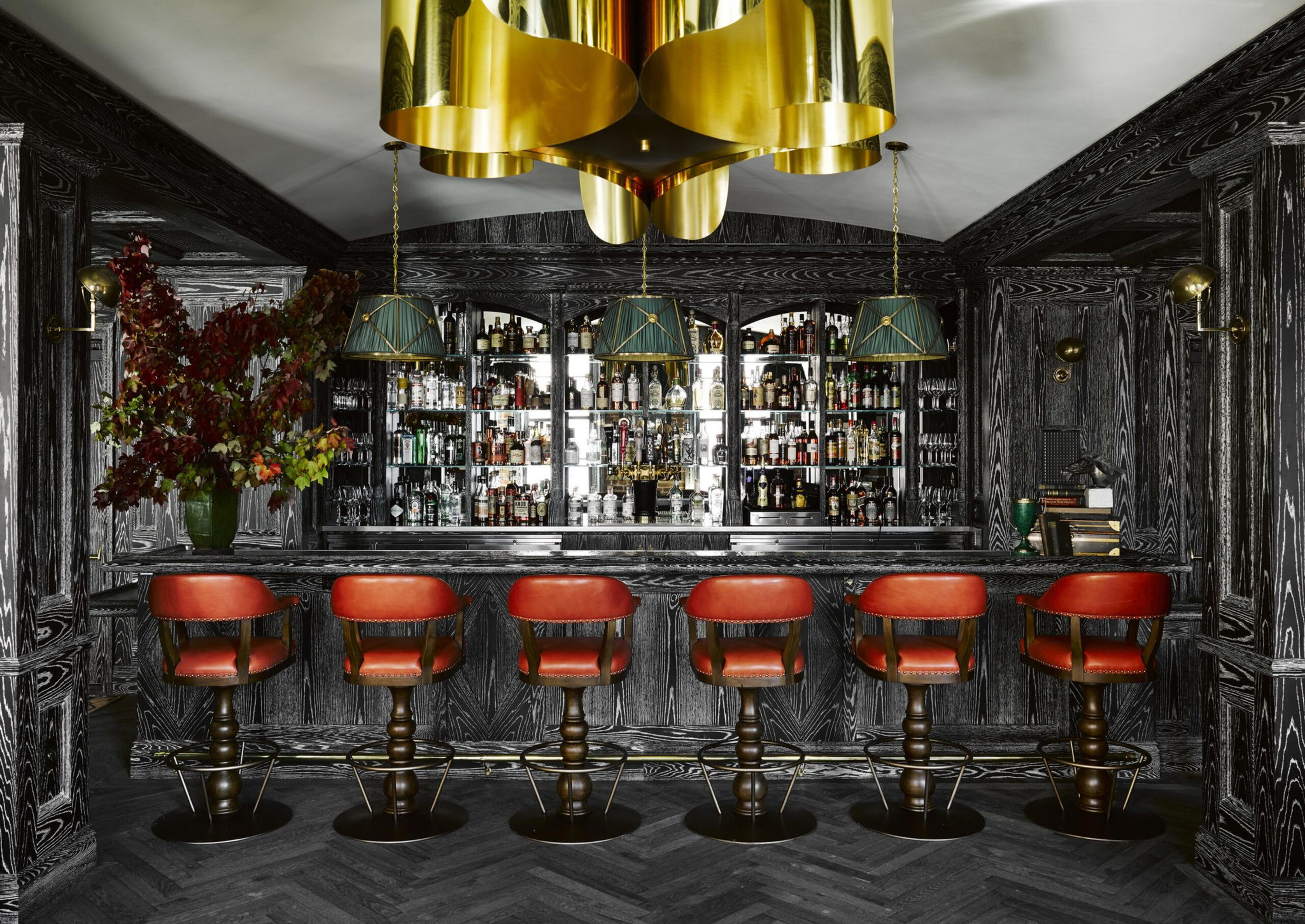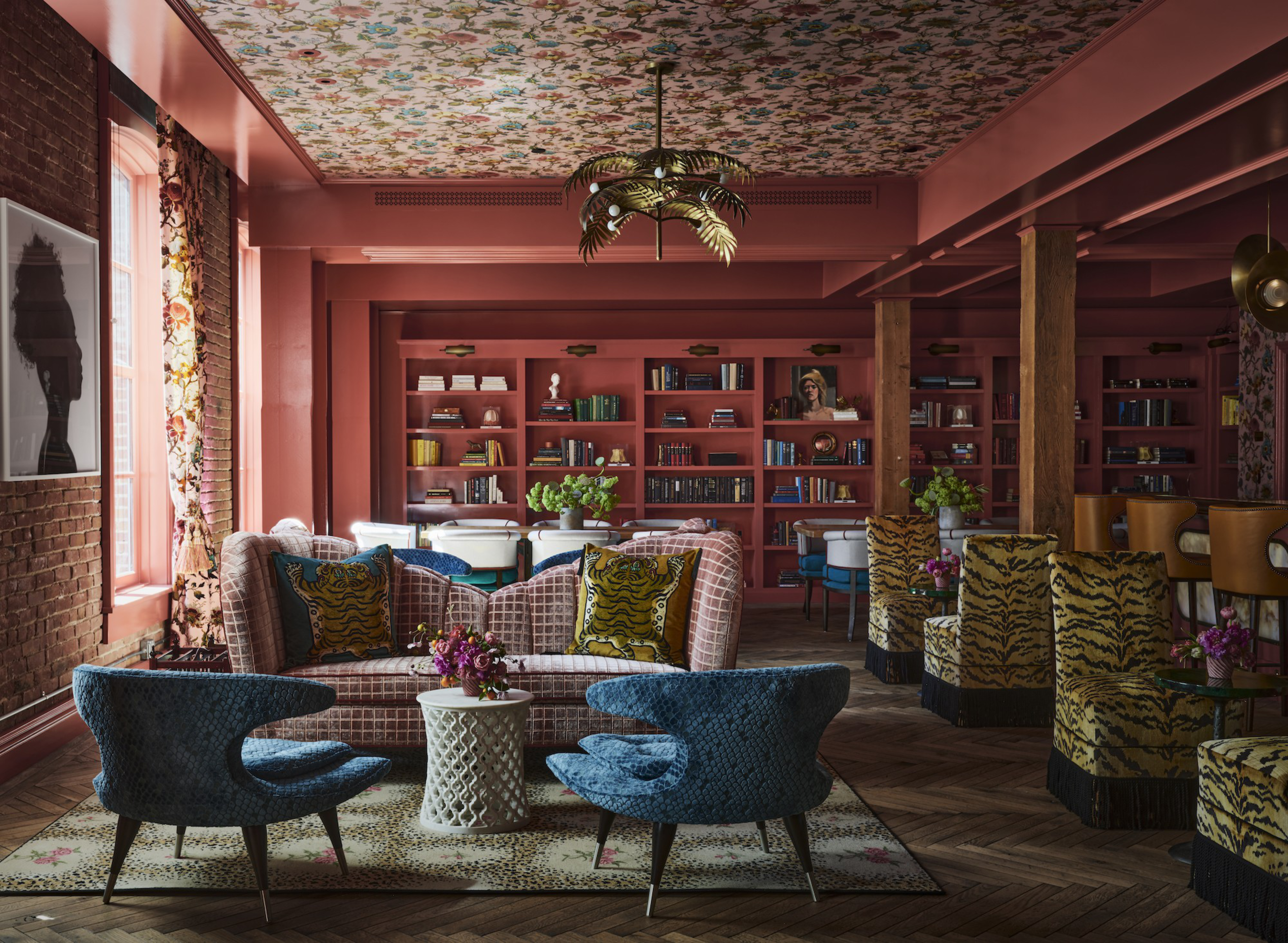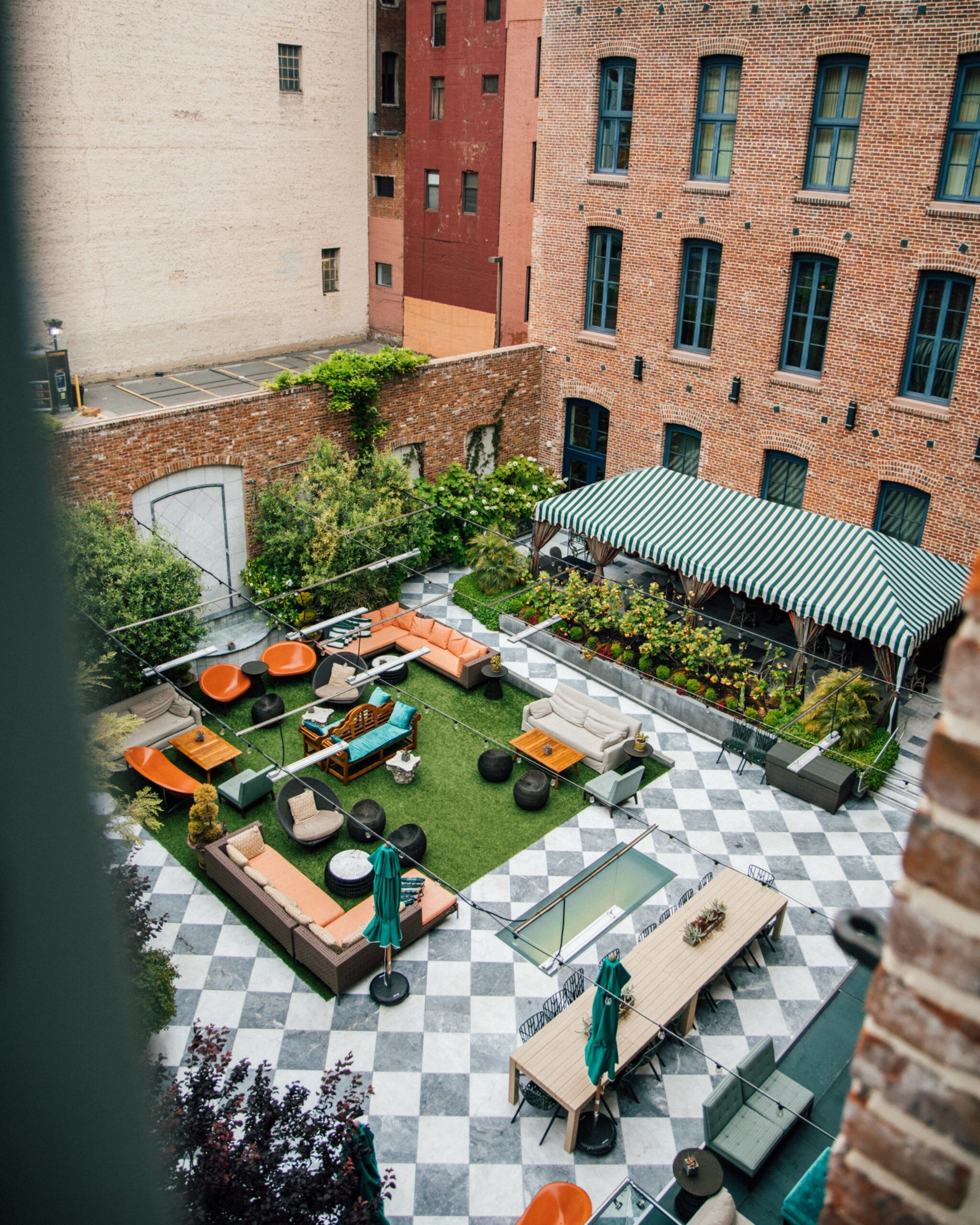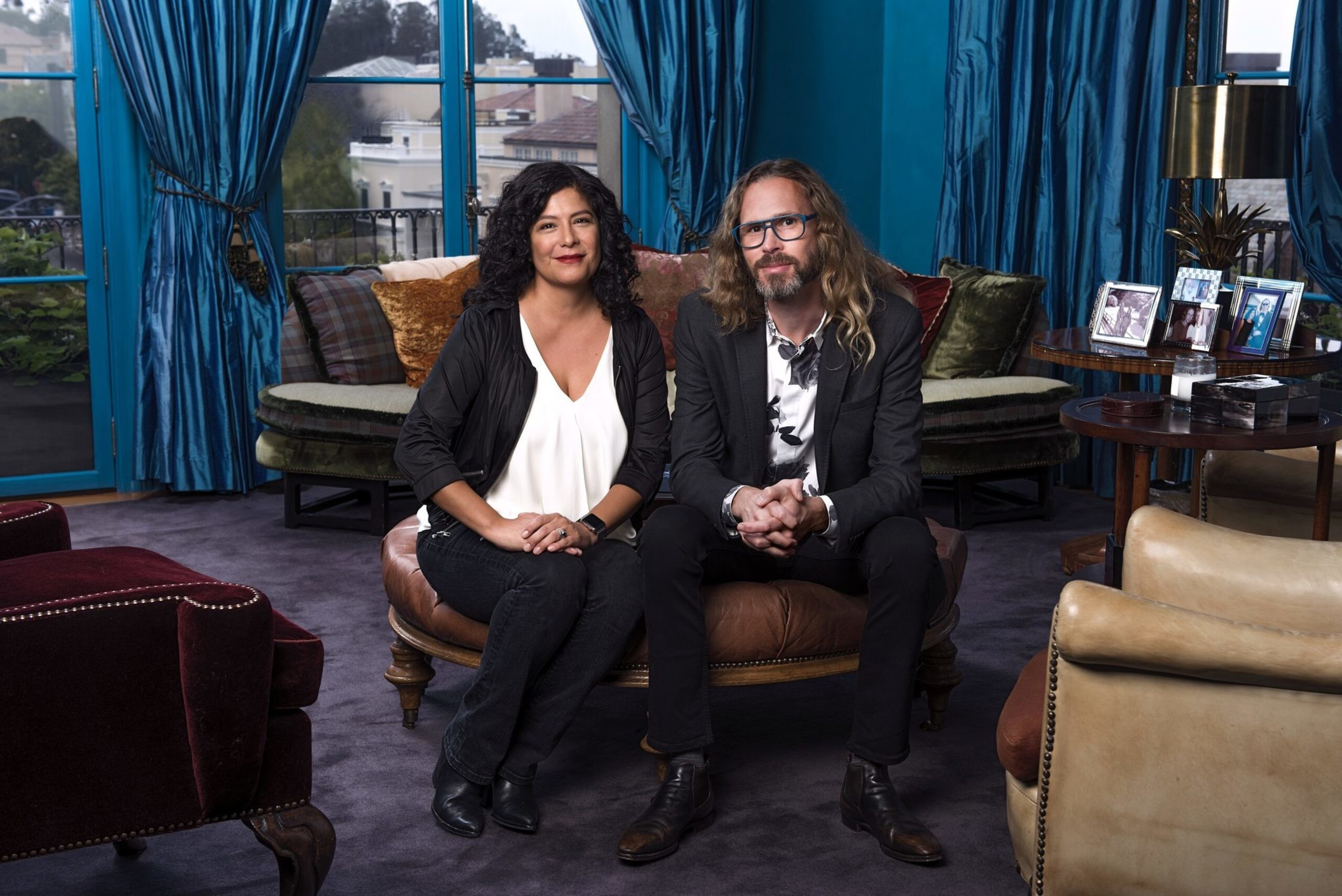The Battery private members club opened its Downtown San Francisco doors in 2013—to a select few that is.
It quickly became the go-to place for venture capitalists and tech executives to strike big-money deals—and a glitzy party spot for celebrities like Justin Bieber (opens in new tab) and Warriors players (opens in new tab), including two-time NBA Championship winner Kevin Durant.
For the next decade, The Battery rode the wave of San Francisco’s unprecedented boom times, quickly growing to over 5,000 members who each pay $2,800 a year for the privilege. Membership is only open through a nomination process from an existing member.
As The Battery nears its 10th anniversary, the opulent, jewel-toned social club faces a changed city.

Now, the surrounding area is a ghost town, and it’s likely many wealthy would-be members have decamped for Marin County, Miami or Mexico City.
“It’s not roaring 2018 or 2019, where Downtown SF was busy every single day,” said Thomas Kennedy, the club’s head of membership operations. “Now we’re seeing that our business has changed to match the work-from-home model. We’re seeing Mondays and Fridays be a little less engaging, but Tuesdays, Wednesdays and Thursdays are now our top days.”
The Battery wants you to know, however—that it’s back—and that things are going to be better than ever.
“Everything is fully open; our hotel is open and almost back to pre-pandemic occupancy,” Kennedy said.

The club is betting on its ability to meet members in their new realities, and that in a post-Covid world, exclusive membership clubs will only gain in popularity.
The club lost about 10% of its 5,000 members during the pandemic, Kennedy said. But its membership is now back to pre-pandemic levels. The difference is that 10% to 15% of members now live beyond the Bay Area.
The club is rolling out Battery Alliance starting in January—a $900 per year add-on for access to 40 other private clubs around the world. That enables The Battery to go head-to-head with Soho House, a private club with London origins that has branched out globally.
Battery Alliance was tested out during Covid, and the club says it fits in perfectly with the new normal reality where remote tech worker’s lifestyles often see them jetting between cities.
To do that, they’re partnering with Sonato, a startup that builds software specifically for members’ club management and reciprocity between clubs. Sonato was founded by Michael and Xochi Birch, the couple who also founded The Battery.
The Birches decamped to the British Virgin Islands during the pandemic but are now living back in San Francisco full-time—while their island property is available for rent (opens in new tab).
Sonato’s Chief Partnership Officer Drew Wahl has spent the past four years building the Sonato Alliance, which members clubs’ can join and then form their own sub-groups so members of their clubs can easily visit a partner club.
The clubs Battery Alliance members will have access to include Singapore’s 1880; Park House in Dallas; Kjarval in Reykjavik, Iceland; The Quorum in several Indian cities; and The Britely in Los Angeles.
It’s also a way to support independent clubs around the world, as well as experience a new city authentically, Wahl said.
“The Battery Alliance gives club members access to over 40 of the best clubs around the world,” said Battery co-founder Michael Birch. “We love visiting and staying at members’ clubs when we travel because the experience is always special and authentic to the city—which is what we try to give members and guests at The Battery.”

Private members clubs in the U.S. are experiencing a renaissance, according to Wahl’s research. He said private social clubs as we know them were born during the 1700s and boomed in the early 20th century, though they were typically exclusive to very wealthy male members.
But by the 1980s, they were “pretty much dead in America outside the traditional university club,” he said.
Members clubs started to pop-up again with Soho House in the ’90s. When The Battery opened a decade ago, Wahl said there were around 40 private members clubs worldwide; today, there are around 100. Wahl said, by the end of 2025, there will likely be nearly 300 private members clubs globally.
